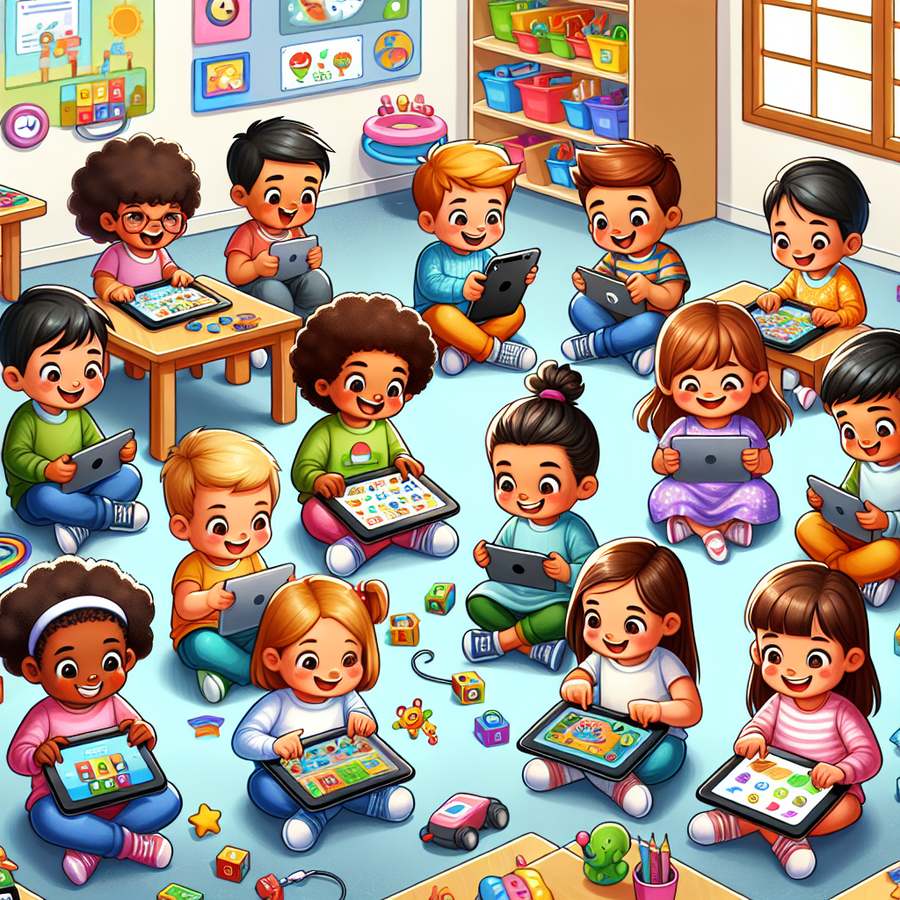Educational apps and their role in early learning have revolutionized the way children engage with learning materials, making education accessible, interactive, and fun. In today’s digital age, these apps offer a myriad of opportunities for young learners to explore concepts, enhance skills, and foster a love for learning right from their earliest years.
The Impact of Educational Apps on Early Learning
Research has consistently shown that high-quality educational apps can significantly contribute to the cognitive and language development of young children. These apps provide personalized learning experiences, adapt to a child’s learning pace, and present information in a variety of formats that cater to different learning styles.
For instance, apps designed for early literacy and numeracy not only introduce basic concepts but also reinforce learning through repetition and interactive activities. This hands-on approach promotes deeper understanding and retention of information. Moreover, NAEYC highlights the importance of integrating technology in early education, provided it is used appropriately and in moderation.
Educational Apps and Their Role in Early Learning
Educational apps are not just about learning academic skills. They also play a crucial role in developing social-emotional skills, critical thinking, and problem-solving abilities. Apps that include story-telling, role-playing, and puzzles encourage children to think creatively and empathetically, while also enhancing their logical reasoning.
Furthermore, many apps now incorporate features that allow for parental involvement and tracking of progress. This enables parents to understand their child’s learning journey better and support their development more effectively. For example, apps that provide feedback and suggestions for activities beyond the screen can help parents extend learning into the real world.
Selecting the Right Educational Apps for Your Child
With the vast array of educational apps available, choosing the right ones for your child can seem daunting. It’s essential to select apps that are age-appropriate, engaging, and aligned with educational goals. Look for apps developed by reputable educational organizations or those recommended by early childhood educators.
Consider also the app’s ability to engage your child in active, rather than passive, learning. Interactive features that require problem-solving, decision-making, and creative expression are key. Additionally, the balance of screen time with other forms of learning and play is crucial for healthy development. Explore resources like guidelines for screen time in early childhood to make informed decisions.
Incorporating educational apps into your child’s learning can be a powerful tool when used wisely. By selecting the right apps and using them as part of a balanced learning experience, parents can support their children’s early development in meaningful ways.
For further insights on enhancing your child’s learning, explore our internal resources on encouraging exploration and curiosity in infants, early literacy activities for pre-verbal toddlers, and activities to promote empathy and social understanding in toddlers.













